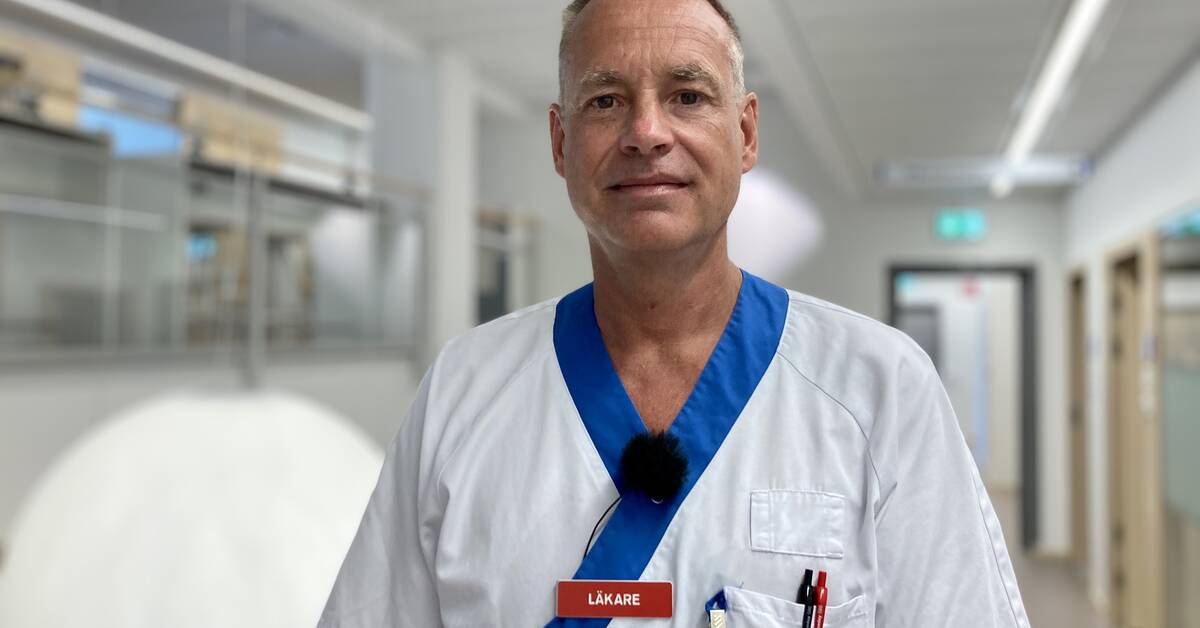At the end of May, the government decided to change the regulations for donations in Sweden, amendments to the law that will enter into force on the first of July.
The amendments to the law primarily mean that a possible organ donor must be able to be given life-sustaining intensive care interventions in order to preserve organs for transplantation.
In addition, the relatives' veto that previously existed disappears, which means that relatives lose the opportunity to say no to an organ transplant.
- It should be the donor's will that should apply, says Bengt von Zur-Mühlen, chief physician at the transplant surgeon at the University Hospital in Uppsala.
Here you can read more about the changes in the legislation, and how they affect you.
"It is not uncommon for the will of the dead to be unknown"
According to Bengt von Zur-Mühlen, it is common for potential organ donors not to have conveyed their attitude to donating their organs after death prematurely.
It gives the healthcare system additional work in investigating whether the patient has conveyed his or her will in another way, for example through donation cards in the wallet or to relatives.
To simplify the work on donations, the health service encourages you to register your opinion regarding whether you wish to become an organ donor after death, or not.
This can be done on the National Board of Health and Welfare's website, and the decision can be changed over time.
In the clip: Hear the chief physician Bengt von Zur-Mühlen talk about what the changed legislation can lead to.

